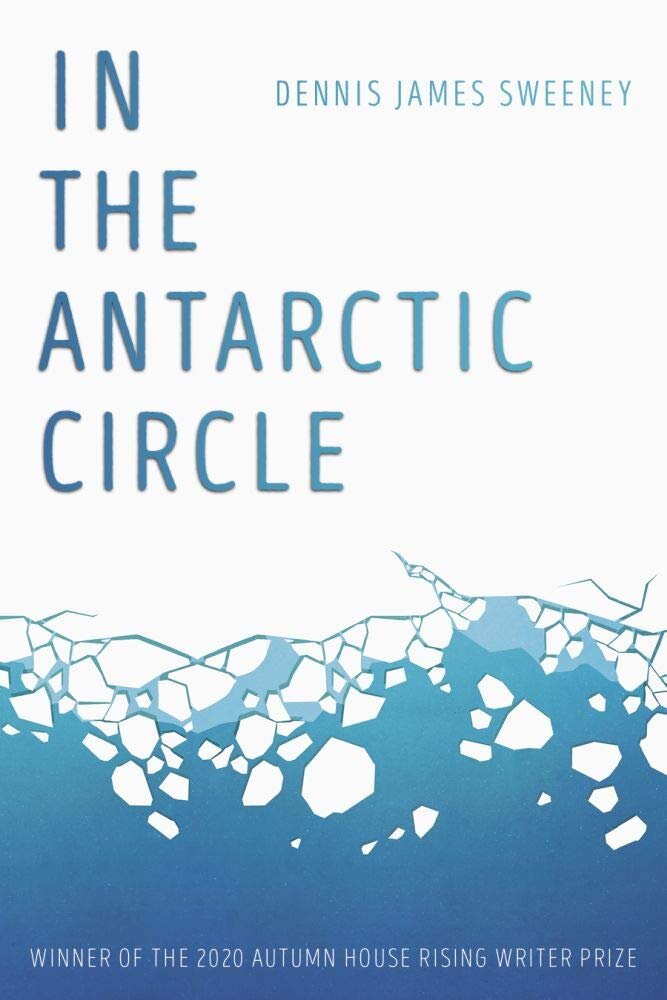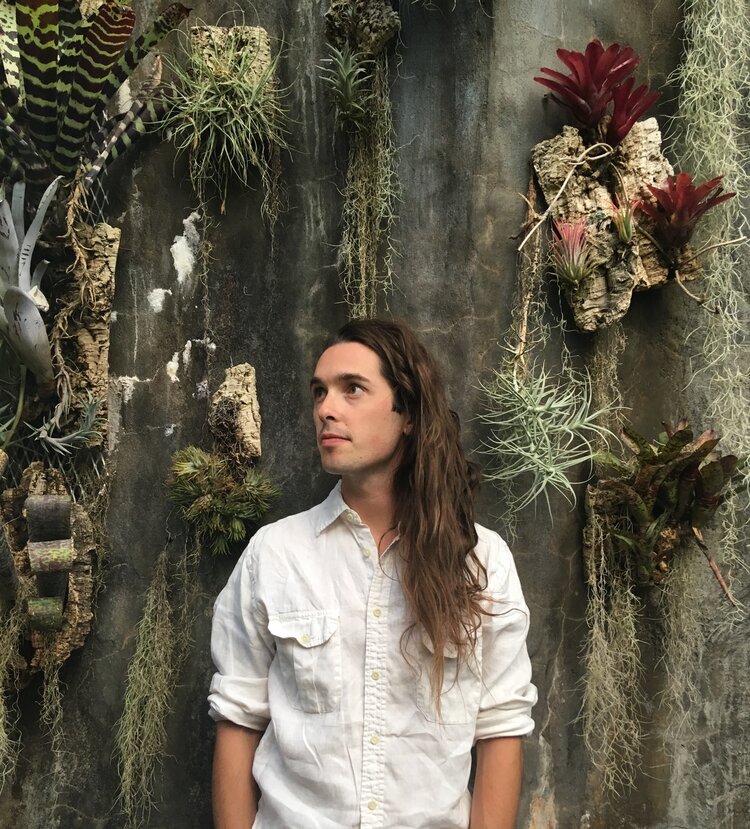When did you first encounter poetry? How did you discover that you wanted to write poems?
My journey into poetry began with my love of writing as a kid. After that first magical encounter, my writing was encouraged as an extracurricular activity, dropped during my long fallow years as a teenager, reignited when I developed a sudden interest in fiction in my early twenties, and finally refined in the course of my discovery of the small press publishing world. It was during that last, ongoing stage when I began to encounter books that were poetry, fiction, and nonfiction all at once, as well as types of writing I had no name for.
While “hybrid” is the word that now describes a lot of this writing, I eventually found my way to poetry as the most capacious container for writing that works outside the boundaries of genre. More than anything, that is what made me want to write poems: the feeling that anything was possible, that my heart didn’t have to wear such a big disguise before committing itself to the page.
Do you have a writing routine? A favorite time or place to write?
I used to be so disciplined! I would wake up every morning at eight, make oatmeal, eat it while sitting in front of the computer, write for one to three hours, and move on with my day. Then life (and the pandemic) caught up with me.
Now I’m trying to understand what a poem can become outside the bounds of distinct, planned focus. The moments that really capture me now come when I’m halfway through washing the dishes and I feel something happening in my body, a vaguely conflicted uncertainty, some combination of sadness and concern and curiosity. I try to follow that feeling without thinking too much. If I make it to the computer in time, I can work through that feeling toward a poem.
Where do your poems most often “come from”—an image, a sound, a phrase, an idea?
My poems are most definitely rooted in a feeling. I don’t know how else to describe what comes across me. It is an emotion, but one that is not directed at any person or situation in my life. It might come from a person or situation, but it cannot be addressed in reality. Its only recourse, its only resolution, is to be let out through language, so that I can look at this strange set of words and see, preserved on the page, a feeling that could have had no other expression.
Which writers (living or dead) have influenced you the most?
Clarice Lispector showed me that saying it wrong, or saying it off-kilter, can be the most moving way to say something. James Baldwin showed me that generosity of spirit and fierce criticism of the structures that surround us can go hand in hand. Herman Melville showed me that the tangential can be the central. Selah Saterstrom showed me how to go deeper than I thought I had to. Steven Dunn showed me that powerful writing emerges from vulnerability.
Most of all, an ongoing and never-finished engagement with contemporary poets like Jerika Marchan, Yona Harvey, Aditi Machado, Bhanu Kapil, Khadijah Queen, and Etel Adnan has given my poetry life.
What excites you most about your new collection?
I am elated about its strangeness. In the Antarctic Circle is a hybrid book of poems in the shape of short prose fragments that are titled with Antarctic coordinates, interspersed with pages that are “INTENTIONALLY LEFT BLANK” and “INTENTIONALLY HINT AT LOSS.” Its overlapping scenes narrate the story of two people lost on a long white plane in the Antarctic. The poems are somewhere between lyric and narrative, between voice and character, between place and no-place. They take advantage of poetry’s capacity for in-betweenness.
I can hardly believe that a collection as idiosyncratic as this could appear in print, as a real book. Is it possible that my often very odd take on the world can enable others to inhabit new spaces in language and in imagination? If people are willing to engage with a book like this, and especially with its themes of whiteness and masculinity, that will only increase my excitement for the strange and unpredictable things poetry can do in the world.

70°45’S11°38’E
You can’t hope without certainty. Trust me, I know. The battlements are the color of longing, which is the color of knowing that no one is coming home.
A set of keys that will work on something.
A miracle inching toward you on its hands and knees.
Frozen, the air is less turbulent to travel. Messages wing recklessly across Antarctica.
Everyone is convinced that nothing will shift, save for the restless penguins that waddle the horizon. This is not a place of change. It is a place of open eyes. A place of sun off snow. Of breath held.
Though no savior is due, we make a life of waiting. Everyone has every reason to fold.
Purchase In the Antarctic Circle

Dennis James Sweeney is the author of In the Antarctic Circle, winner of the 2020 Autumn House Rising Writer Prize. His poems have appeared in The New York Times, Prelude, Poor Claudia, Quarterly West, and Territory, among others. A Small Press Editor of Entropy, he has an MFA from Oregon State University and a PhD from the University of Denver. Originally from Cincinnati, he lives in Amherst, Massachusetts.
